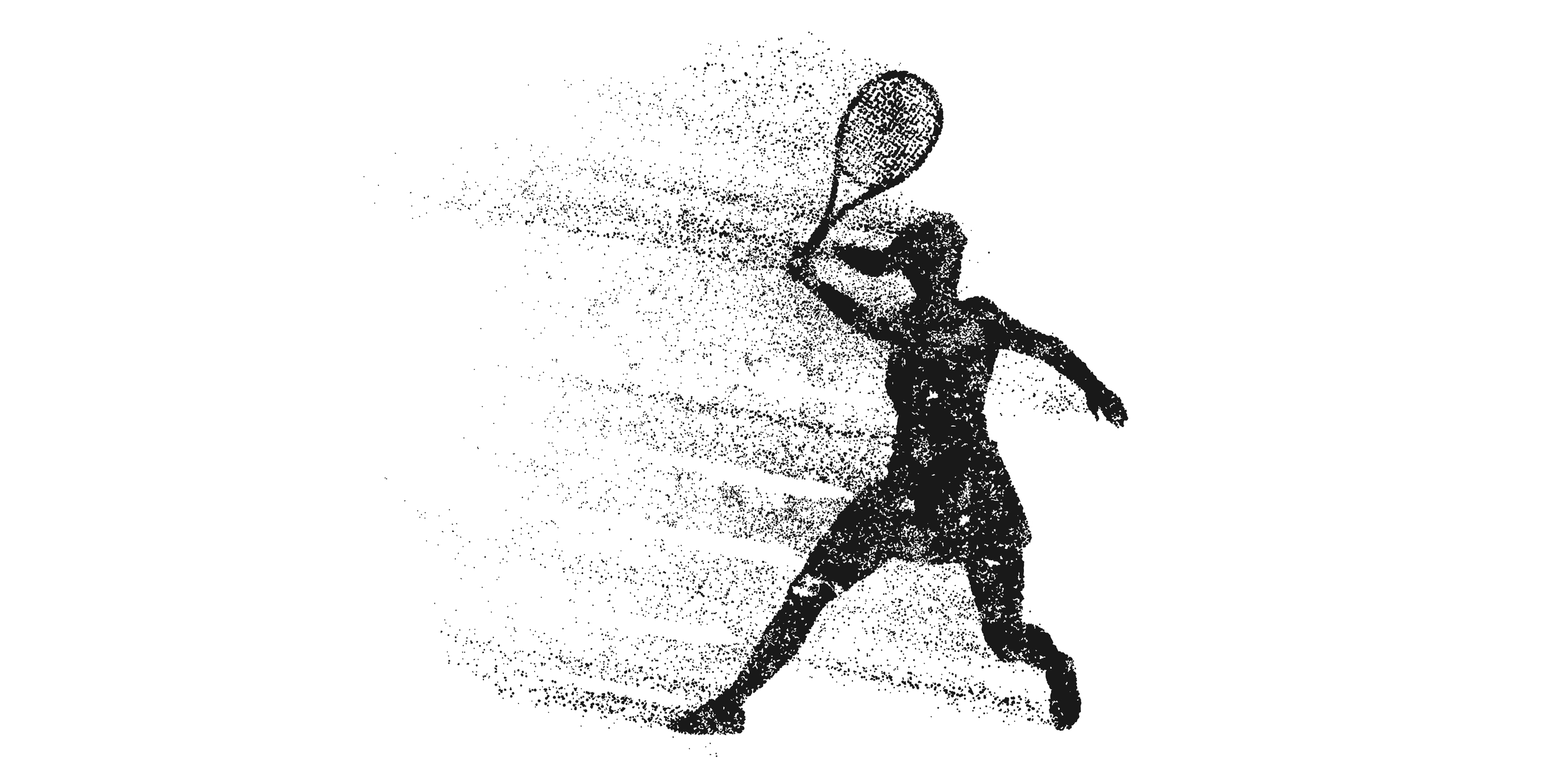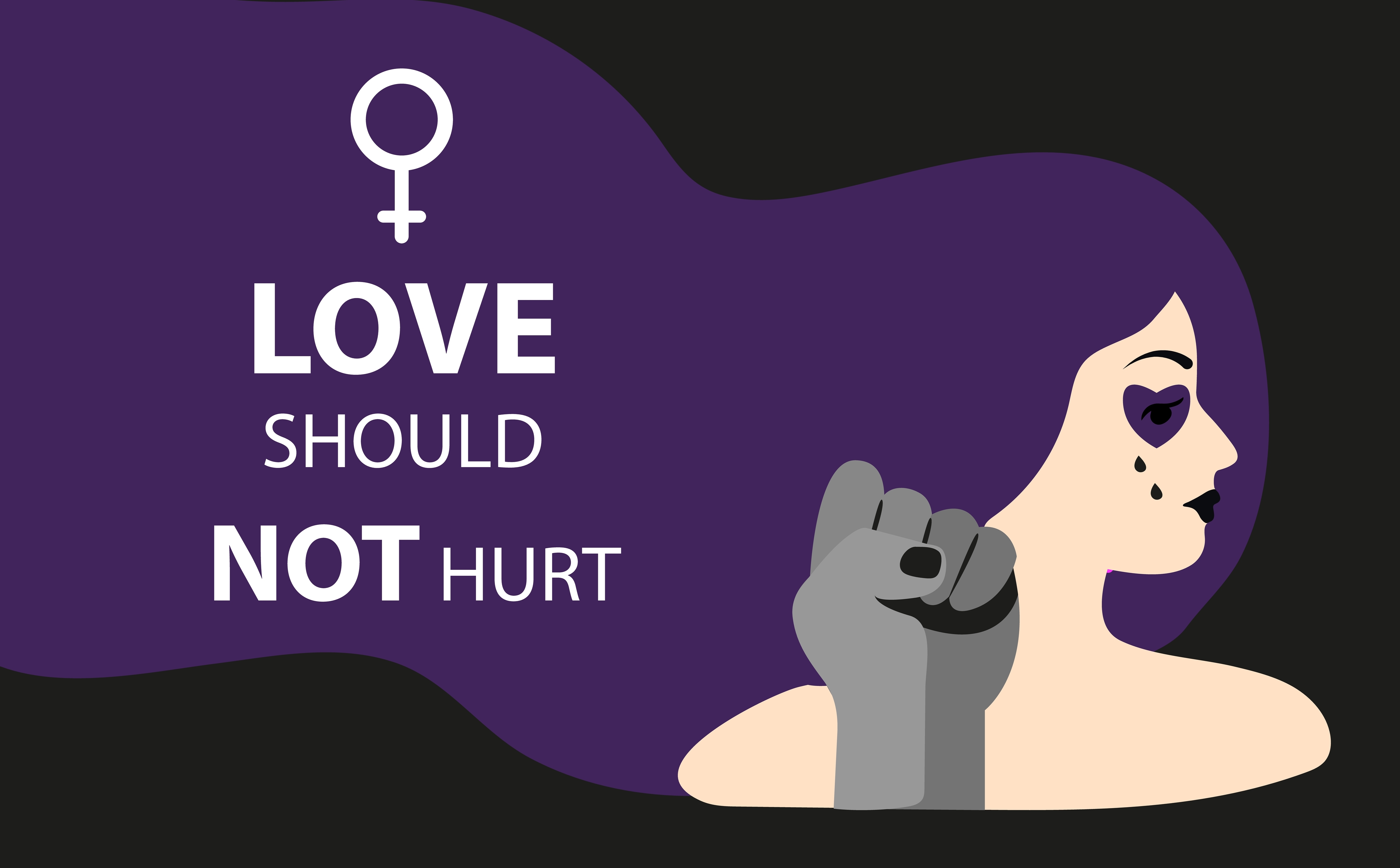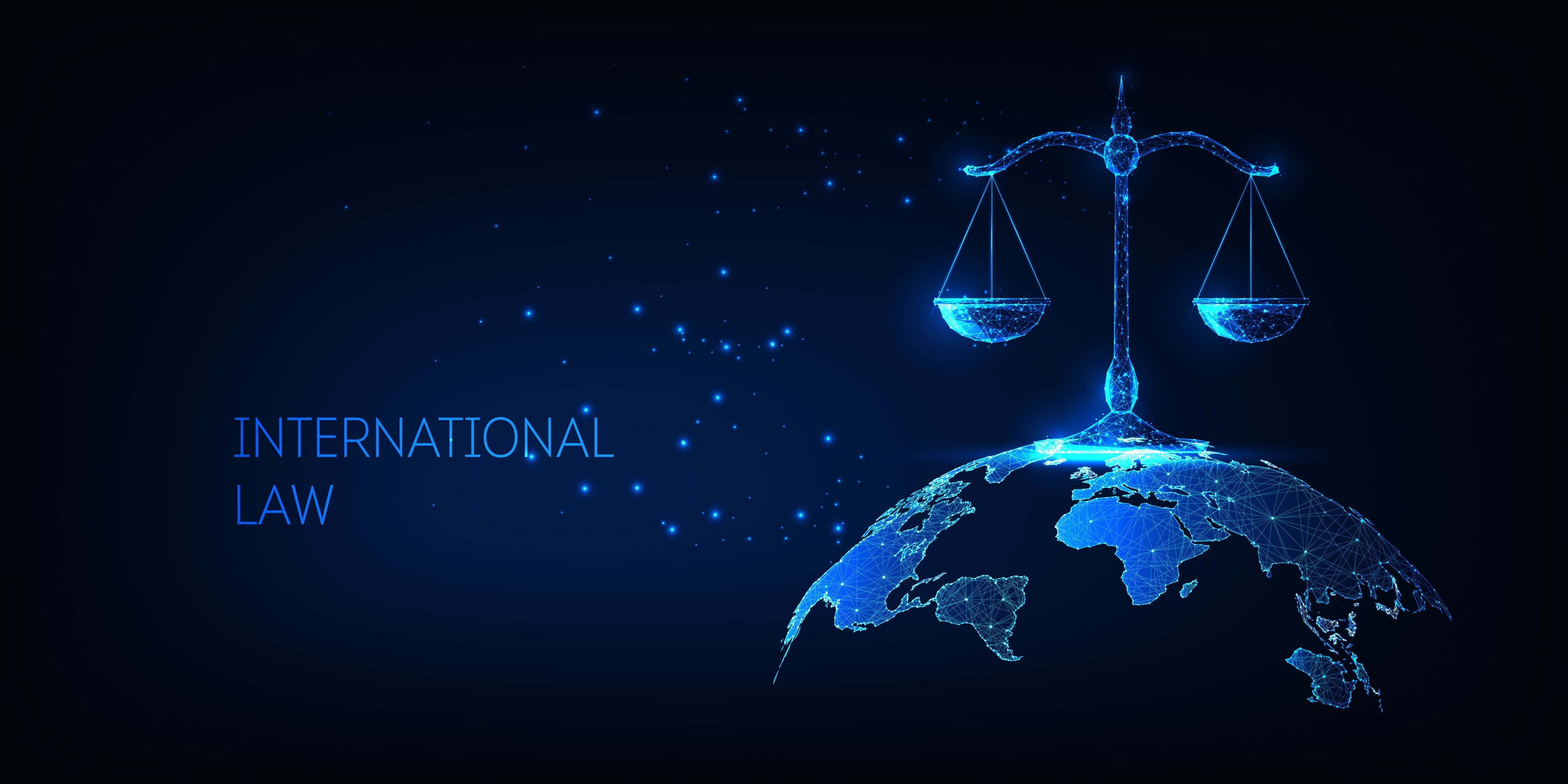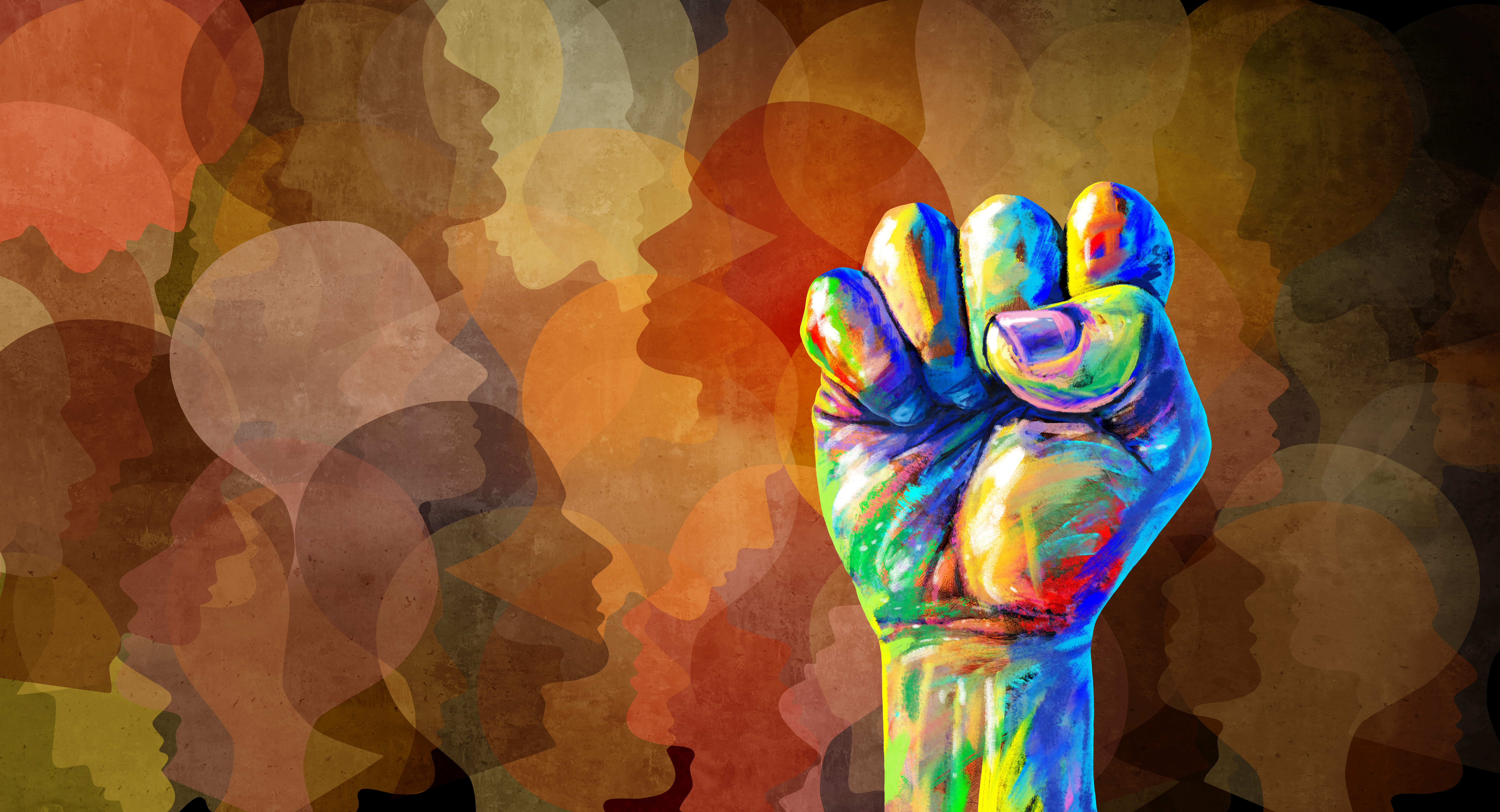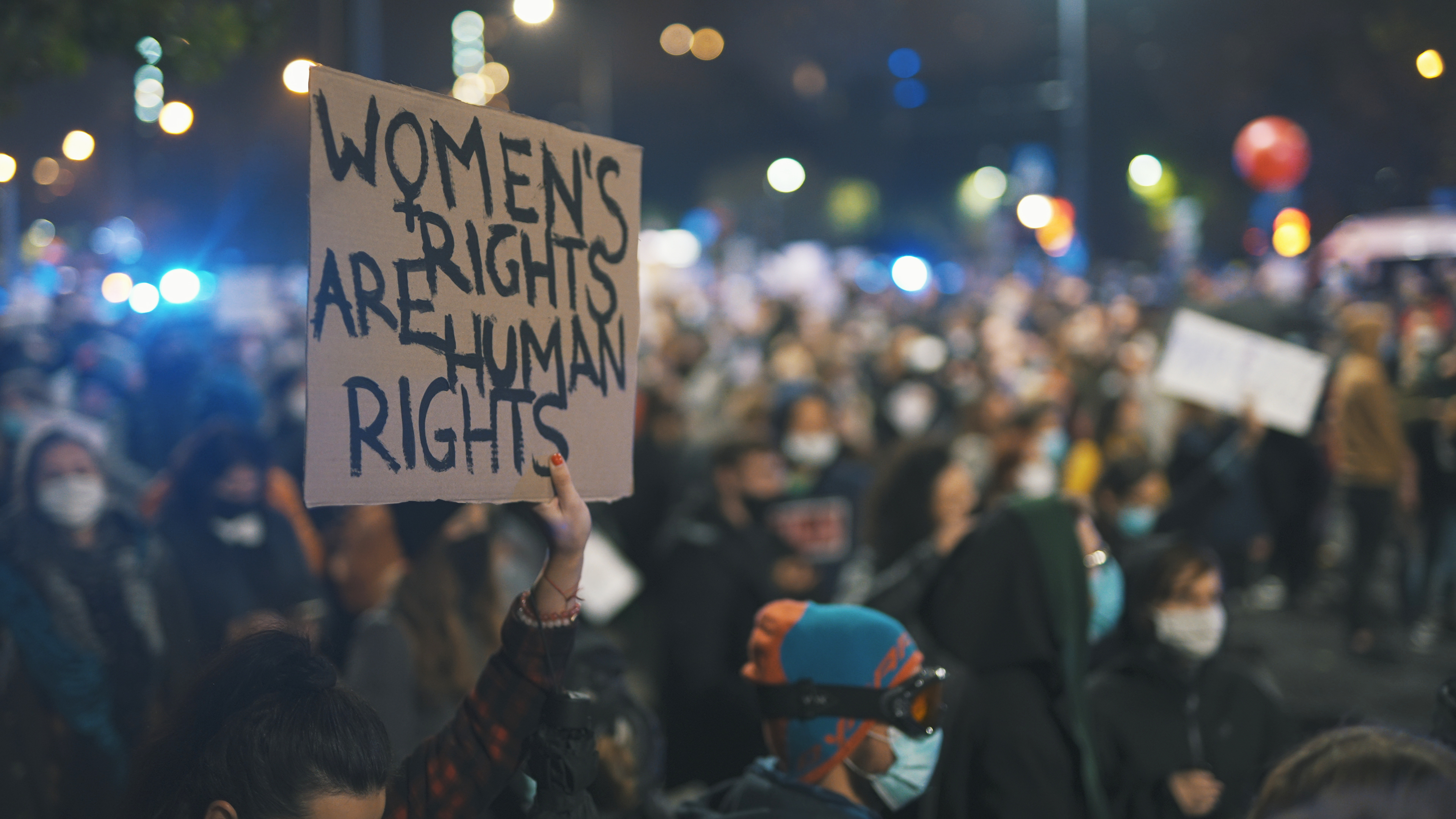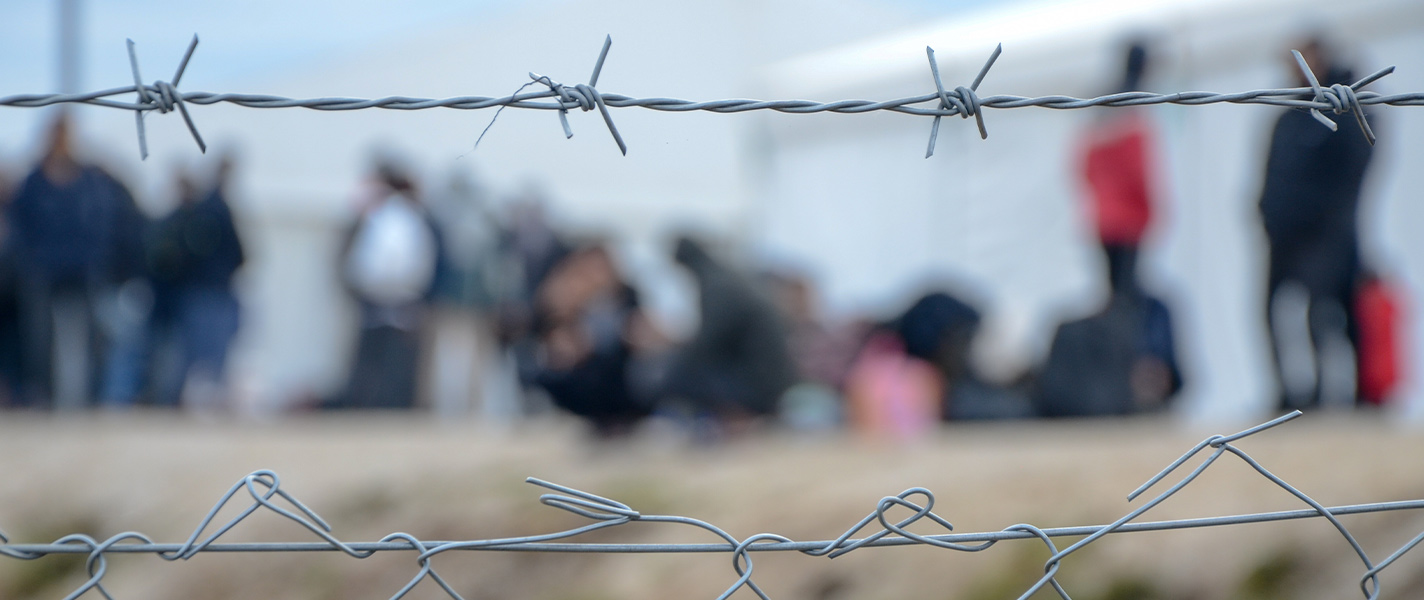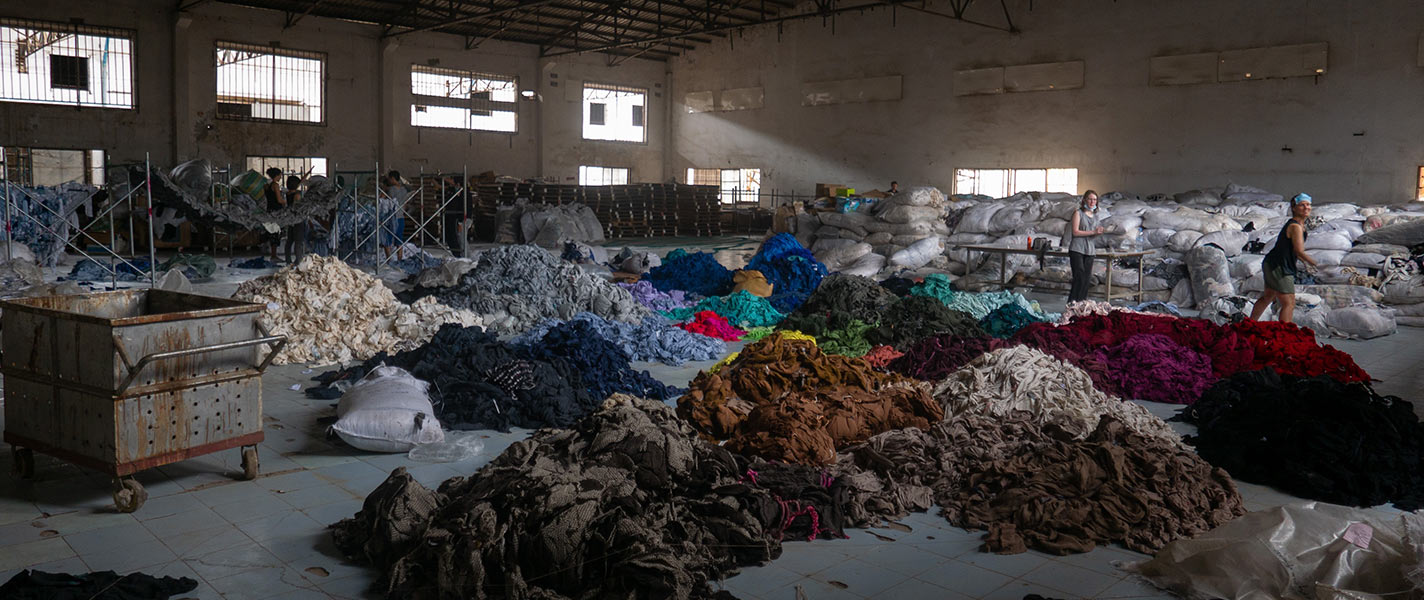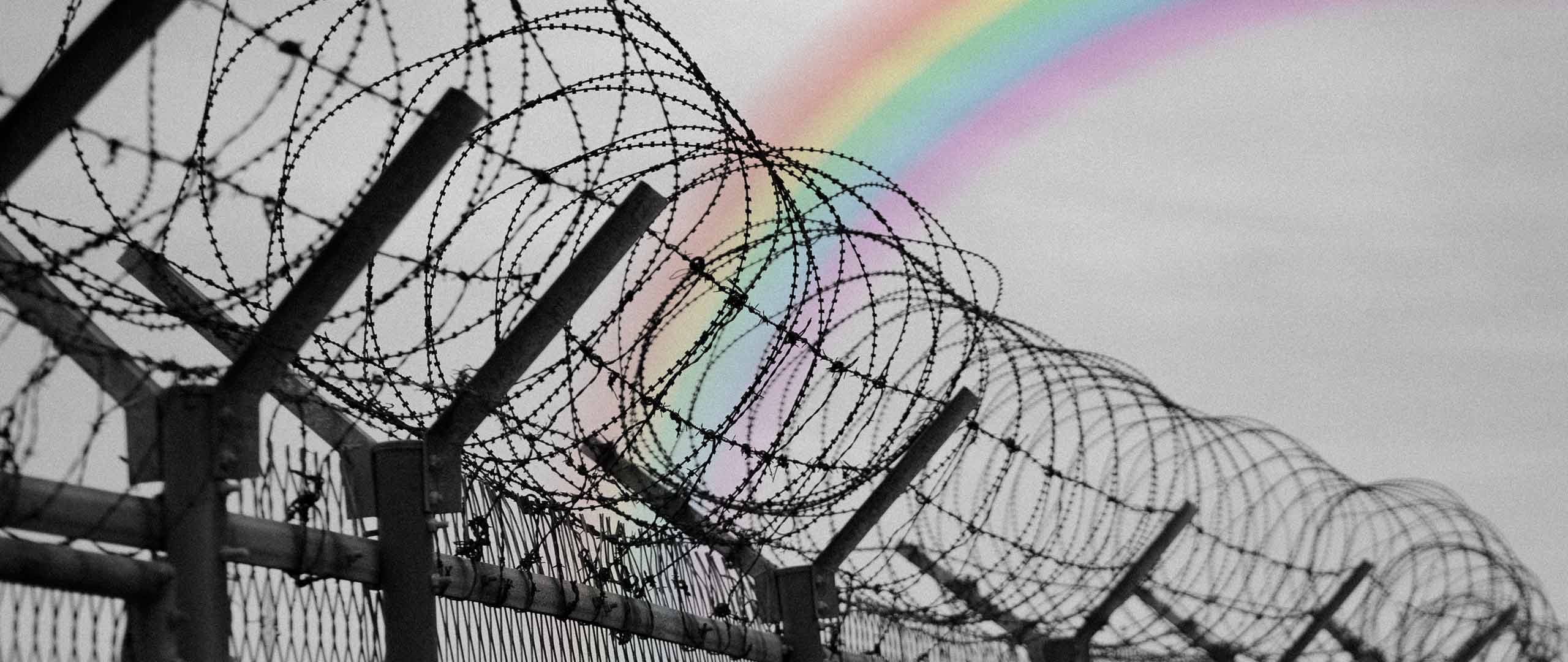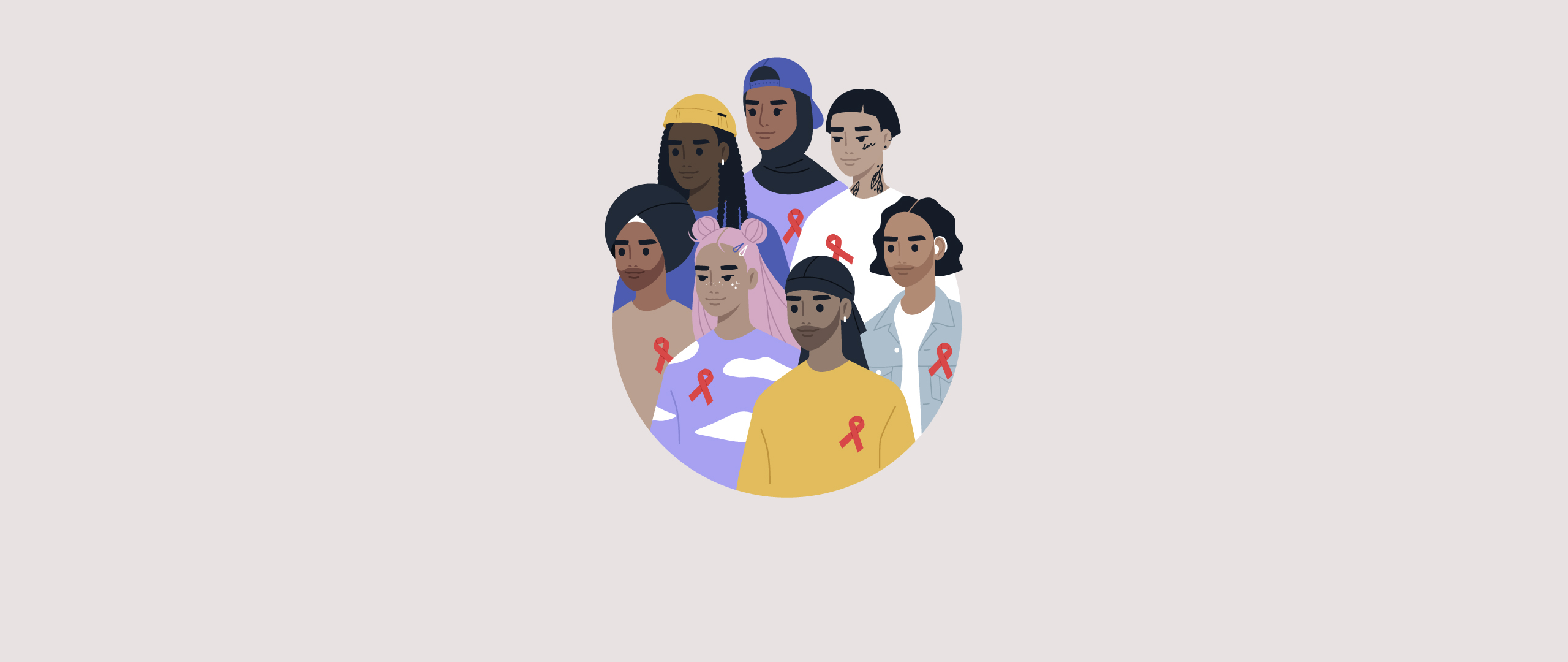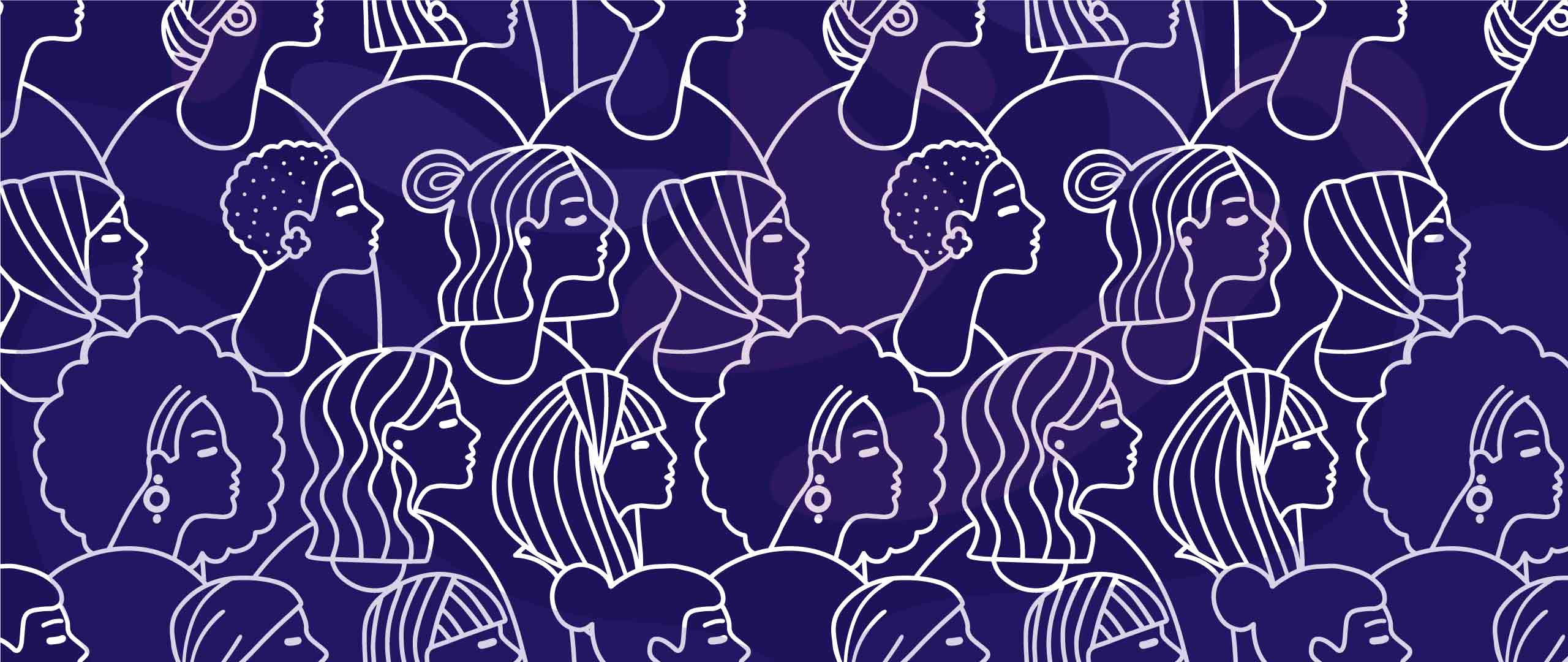DigitALL: The Hazards of Modern Digital Threats
LEED Initiative joins the celebrations for International Women’s Day, recognizing the power of the digital sphere in both advancing and curtailing gender equality.
With today’s numerous technological advancements, the internet has become a vital source of information, communication, a means for self-expression, and a gate to access educational and economic opportunities across the globe. However, no one is immune to being exposed to the dark side of the internet. As cyberspace facilitates all kinds of cybercrimes, many women and young girls working in the humanitarian and human rights sectors fall victim to online harassment, cyber blackmail, threats, cyberpornography, stalking, bullying, defamation, morphing, the establishment of fake profiles, and doxxiing. The latter means publicly releasing someone’s personal information online, such as their address or intimate photos, without their consent. With all these types of transnational crimes disproportionally affecting women and gender minorities, this issue has to be addressed abruptly.
Nevertheless, not all cybercrimes are explicitly palpable. As a matter of fact, internet shutdown can be seen as another form of cybercrime, largely manifested in impeding social justice. According to a recent study conducted by Access Now, there were 187 internet shutdowns in 35 countries in 2022. These internet shutdowns, posing as a serious weapon for control and a veiled shield for oppression, were operated by a given government around the world to deliberately cut internet access and hence slow down human rights movements and campaigns. This violation not only exacerbates the inequality and injustice that women face, but also widens gender equality gaps and hampers women’s social and economic development. For instance, internet shutdowns in Manipur, India, have a significant impact on the day-to-day lives of women and young girls, limiting their ability to speak up and raise their voices against domestic violence or child trafficking.
Pegasus: The Ultimate Weapon to Silence Women Activists
Furthermore, another growing threat to the work of women activists in the MENA region and beyond is the unlawful use of targeted digital surveillance tools such as the Pegasus. The latter is spyware that is stealthily installed on a smartphone and subsequently gains access to everything on it and theoretically harvests any data from the device and transmits it back to the attacker. The NSO Group Technologies, an Israeli cyber-intelligence firm, claims that it only sells their product to governments in order to track criminals and terrorists. However, ground-breaking investigations conducted by Amnesty International and Forbidden Stories uncover the leaked data of 50,000 phone numbers identified as potential surveillance targets. In the wake of this chilling hacking discovery, condemning governments in the MENA of using the software to perpetrate human rights abuses and repress human rights defenders, it seems that the digital sphere is merely an equally unsafe rival to the offline world, fueled with misogynistic and homophobic attacks.
The impact of these modern surveillances on women is particularly outrageous, given the fact that governments have weaponized personal information collected from spyware to spread fear, intimidation and violence among female human rights defenders across the globe. Marwa Fatafta, the Middle East and North Africa leading Policy Manager commented on this growing concern declaring: “For women, the Pegasus scandal is deeply concerning, for speaking out against the state and men in positions of state power has meant that their lives are wrecked by such surveillance permanently. Human rights defenders have been imprisoned, and victims of sexual harassment have also not been spared such shocking forms of state-sponsored cyber-crimes, which are analogous to digital forms of state terror”. Hence, the lives of female human rights defenders are unsafe anywhere, haltering their social lives, work and activism.
Whether through internet shutdowns or powerful and intrusive software such as Pegasus, the question remains of how we can protect human rights defenders and safeguard their rights and freedoms. An answer to this is digital security, a collective term that describes the resources employed to protect individuals’ online identity, data, and other assets. Needless to say that government regulations are also vitally needed to restrain the burgeoning surveillance technology industry by imposing a strict moratorium on the export, sale, transfer, and use of intrusive spyware tools.
The article represents the views of its writer and not that of LEED Initiative.









